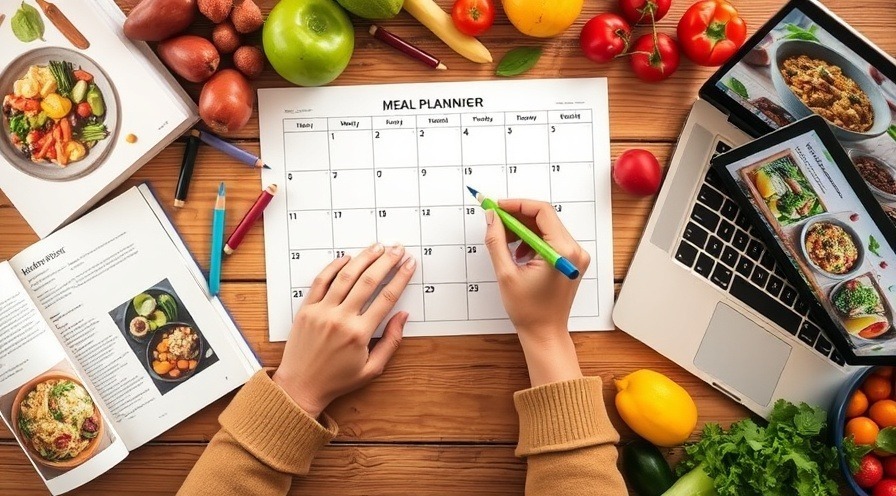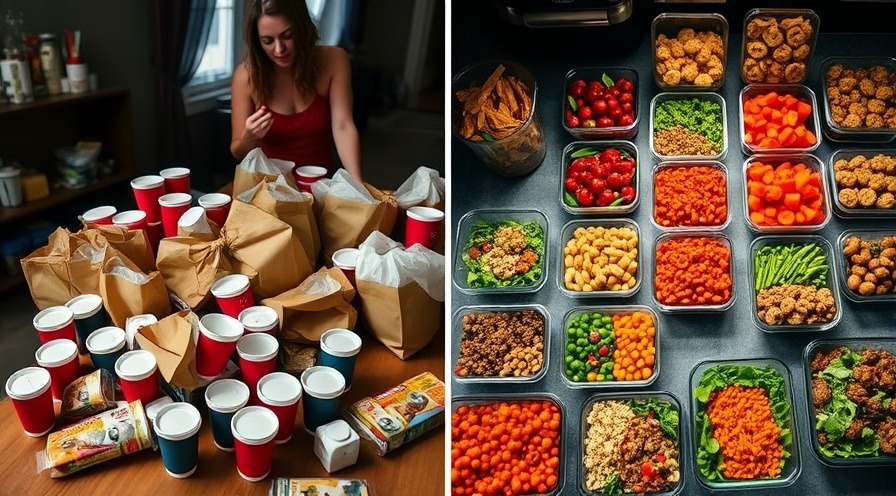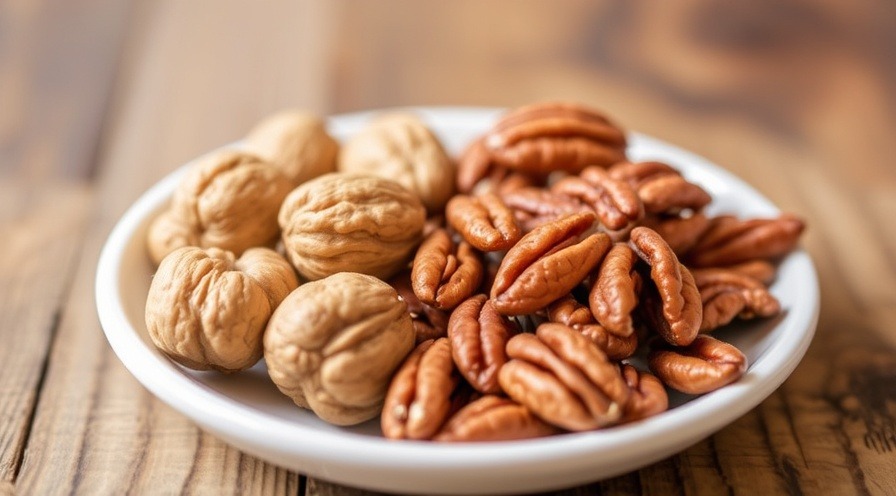
Meal Planning for Weight Loss: Your Secret Weapon Against Decision Fatigue (And the Takeout Menu)
Picture this: It's 6 PM, you're staring into your fridge like it holds the secrets of the universe, and all you see is leftover Chinese takeout from three days ago and a questionable container of something that might have been soup. Sound familiar? Welcome to the daily dinner dilemma that sends millions of well-intentioned dieters straight to the drive-thru.
But what if I told you there's a simple strategy that could transform your weight loss journey from a chaotic guessing game into a well-orchestrated symphony of healthy choices? Enter meal planning – your new best friend in the battle against both the bulge and decision fatigue.
Why Meal Planning is Your Weight Loss Superpower
The science is crystal clear: meal planning could be a potential tool to offset time scarcity and therefore encourage home meal preparation, which has been linked with an improved diet quality. But let's be honest – the real magic happens when you stop asking yourself "What's for dinner?" every single day at 5:47 PM while simultaneously scrolling through food delivery apps.
Research published in the American Journal of Preventive Medicine found that higher frequency of cooking and eating at home is associated with healthier diet quality, fewer calories consumed, and greater weight loss. Translation? Your kitchen is basically a weight loss sanctuary – you just need to spend more time there!
According to registered dietitian Molly H. from Livea Centers, "With meal planning you will be able to take time to make a meal between meetings, sports practices, and appointments" – essentially turning chaos into control.
Psychology Behind the Plan
Here's where meal planning gets really interesting. When you plan your meals in advance, you're essentially making decisions during your most rational, motivated moments – not when you're hangry and everything looks good. As registered dietitian Dawn Jackson Blatner, author of "The Flexitarian Diet," explains, meal planning removes the guesswork and decision fatigue that often leads to poor food choices. This Chicago-based nutrition expert, who's been quoted extensively for her practical approach to healthy eating, emphasizes that planning ahead is key to sustainable weight loss.

How to Build Your Meal Planning Foundation
Start Small, Think Big
Rome wasn't built in a day, and your meal planning empire doesn't need to be either. Start with planning just three days at a time. Once that feels manageable (and dare we say, enjoyable), expand to a full week. Your future self will thank you when Sunday meal prep becomes as routine as your morning coffee.
The Magic Formula: Protein + Fiber + Healthy Fats
Every successful weight loss meal follows this simple equation. For breakfast, a bowl of bran flakes with sliced strawberries and walnuts with nonfat milk. For lunch, a turkey sandwich on wheat with vegetables and an olive oil and vinegar dressing. For dinner, a salmon steak on a bed of spinach – these Harvard Health examples perfectly demonstrate how to combine satiety-boosting nutrients.
As the Mayo Clinic notes in their comprehensive diet program, successful weight loss comes from creating sustainable lifestyle changes rather than restrictive eating patterns. Their experts emphasize that meal planning helps establish these long-term healthy habits.
Batch Cooking: Your Time-Saving Secret Weapon
Sunday afternoon might not sound like party time, but trust me – spending two hours cooking on Sunday will give you back at least five hours during the week. Plus, there's something oddly therapeutic about chopping vegetables while listening to your favorite podcast.
The Real-World Results
Here's where meal planning gets exciting. Adults with obesity who used a digital nutrition platform with personalized dietary recommendations and online meal planning, food ordering, grocery discounts and incentives were able to sustain weight loss after 12, 24, and 36-month intervals. That's not just short-term success – that's life-changing transformation.
The registered dietitians at EatingWell, who create evidence-based meal plans for their readers, consistently emphasize that structured meal planning leads to better portion control and more nutrient-dense food choices. Their 1,200-calorie meal planning approach has helped countless individuals safely lose 1-2 pounds per week through strategic meal preparation.
Common Meal Planning Mistakes (And How to Avoid Them)
The Pinterest Trap
Stop planning meals that require 47 ingredients and a culinary degree. Keep it simple, keep it sustainable.
The All-or-Nothing Mentality
Missed a day of meal prep? The world won't end. Flexibility is your friend, perfectionism is not.
Forgetting About Snacks
Plan for snacks like you plan for meals. Your 3 PM energy crash is predictable – so prepare for it.

Building Your Personal Meal Planning System
The best meal planning system is the one you'll actually use. Some people swear by detailed spreadsheets, others prefer simple sticky notes on the fridge. Find what works for your lifestyle and personality.
Consider factors like your cooking skill level, available time, budget constraints, and family preferences. The goal isn't to become a meal planning perfectionist – it's to create sustainable habits that support your weight loss goals.
Your Next Steps
Start this week. Choose three days, plan three meals for each day, make your grocery list, and shop accordingly. Keep it simple – grilled protein, roasted vegetables, and a complex carb will serve you well as you build this new habit.
Remember, meal planning isn't about restriction – it's about intention. You're not limiting your choices; you're making them ahead of time when you can think clearly and prioritize your health goals.
Disclaimer: This article is for informational purposes only and should not replace professional medical advice. Consult with your healthcare provider or a registered dietitian before making significant dietary changes, especially if you have underlying health conditions.
 Add Row
Add Row  Add
Add 




 Add Row
Add Row  Add
Add 

Write A Comment